In fact, Americans’ depression rate has tripled since the pandemic began, according to a recent JAMA Network Open article.
In the study led by Boston University researchers, nearly 30 percent (27.8 percent) of adults reported depression symptoms compared to 8.5 percent before the pandemic.
And a recent Cleveland Clinic survey focused specifically on males found that 77 percent of men report their stress level has increased as a result of COVID-19.
Plus, 59 percent of men have felt isolated during the pandemic and 45 percent say their emotional/mental health has worsened during the pandemic.
“I've seen a lot more anxiety triggered by fear of COVID-19, conflict over the response, and isolation. The political climate has made the stress much worse,” Spencer Countiss, MD, a physician at Grants Pass Clinic in Grants Pass, OR, told Physicians Practice®.
Social isolation seems to be the biggest factor causing depression and anxiety among patients, Countiss said. For instance, “a lot of my older patients participate in regular exercise classes which have mostly been shut down. They're feeling both the loss of the exercise and the loss of the social contact that goes with it.”
Plus, he believes the constant flow of media coverage and patients’ uncertainty about the proper responses contributes to mental health challenges.
“I have seen an increase in stress irritability, loneliness, and depression with some of my family and friends,” echoed Christi R. Siedlecki, MSN, RN, CEO of Grants Pass Clinic and president of Oregon Medical Group Management Association.

Christi R. Siedlecki
“The need to maintain social distance and limit contacts is hard on people [and] the political climate around COVID further drives people apart,” Siedlecki added.
Many patients have found relief from their anxiety by disconnecting from social media and turning off the TV, Countiss noted. “I ask patients to get outside on a regular basis just to get a change of scenery and some fresh air.”
Conversations with patients about mental health and COVID-19 progress naturally after he commiserates with them about the need to wear masks, Countiss said.
When patients need additional help, Grants Pass refers them Options for Southern Oregon, which not only provides therapy but also takes a holistic approach with housing, advocacy, community integration, and economic well-being.
“We offer warm hand-offs, where the provider hands the patient directly off to the Options provider on-site at the time of the appointment,” Siedlecki said.
“In addition to Options, we have an employee who also helps connect patients to other areas of need, such as food, housing, clothing, financial resources, medication assistance, clothing, etc. He helps fill those areas of needs called ‘social determinants of health’,” Siedlecki added.
Medical Practice Supplies
VIEW ALL
 Manual Prescription Pad (Large - Yellow)
Manual Prescription Pad (Large - Yellow) Manual Prescription Pad (Large - Pink)
Manual Prescription Pad (Large - Pink) Manual Prescription Pads (Bright Orange)
Manual Prescription Pads (Bright Orange) Manual Prescription Pads (Light Pink)
Manual Prescription Pads (Light Pink) Manual Prescription Pads (Light Yellow)
Manual Prescription Pads (Light Yellow) Manual Prescription Pad (Large - Blue)
Manual Prescription Pad (Large - Blue)__________________________________________________
Appointment Reminder Cards
$44.05
15% Off
$56.30
15% Off
$44.05
15% Off
$44.05
15% Off
$56.30
15% Off
VIEW ALL PRODUCTS
.
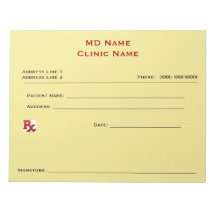
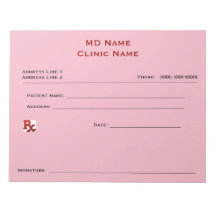
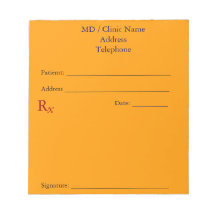
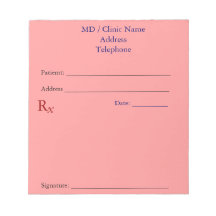
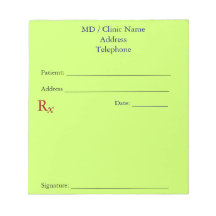
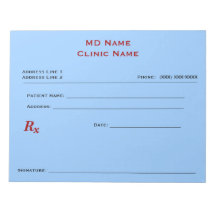
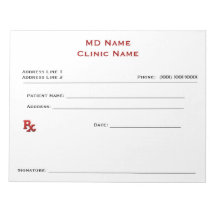
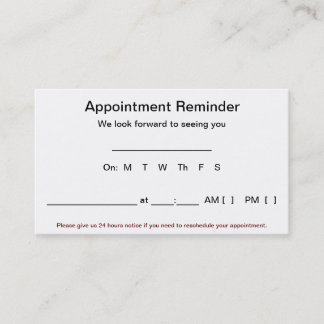
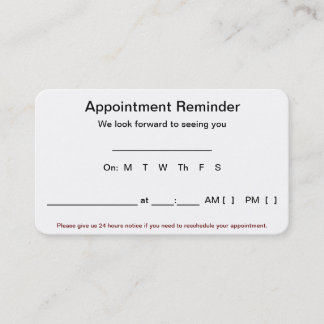
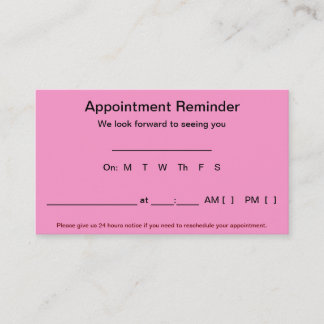
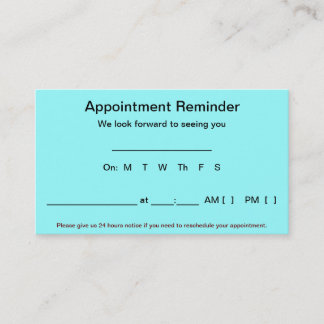
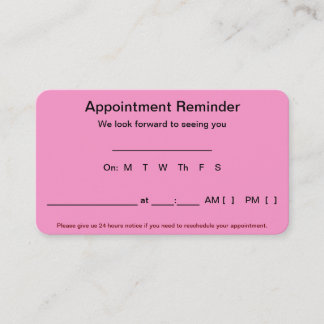
No comments:
Post a Comment